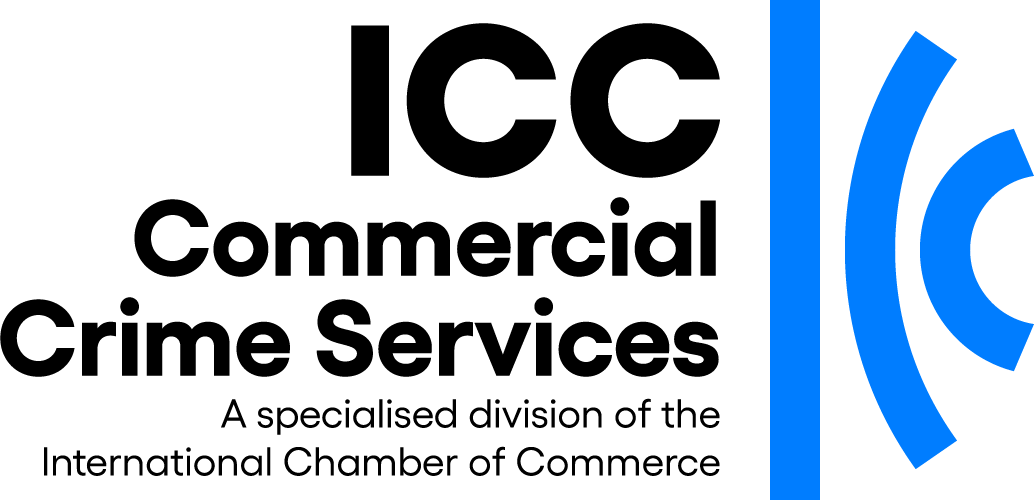
 Despite a surge of activity that sought to curb business corruption in the 1990s, there is little evidence of a real fall in incidents of bribery in international business transactions, or in the wider forms of corruption in which companies have been implicated.
Despite a surge of activity that sought to curb business corruption in the 1990s, there is little evidence of a real fall in incidents of bribery in international business transactions, or in the wider forms of corruption in which companies have been implicated.
 Despite a surge of activity that sought to curb business corruption in the 1990s, there is little evidence of a real fall in incidents of bribery in international business transactions, or in the wider forms of corruption in which companies have been implicated.
Despite a surge of activity that sought to curb business corruption in the 1990s, there is little evidence of a real fall in incidents of bribery in international business transactions, or in the wider forms of corruption in which companies have been implicated.
Various figures attest to the size of the problem, not the least of which is the 50 investigations under the Foreign and Corrupt practices Act (FCPA) currently being pursued by the US Department of Justice, which has a number of major European firms in its sights. At the same time, corruption in Africa is costing the continent nearly $150 billion a year says the African Union, whilst a World Bank report has suggested that the sums purloined by Africa’s politicians since the end of colonialism are greater than those provided in aid. Meanwhile, Transparency International says that about 10% to 20% of public procurement contract values are often siphoned off, adding up to hundreds of billions of dollars embezzled worldwide each year.
All this adds up to a perception in some minds that companies have had it far too easy when it comes to corruption: the UK, for instance, has yet to bring a single prosecution against a British company for bribery abroad. But things may be about to change and its time for companies to get their house in order.
Bidding to get companies thinking about corruption and putting effective anti-corruption plans in place, the 2008 CCS Annual Economic Crime Lecture entitled Corporate Corruption: Challenges in a changing world goes straight to the heart of the issue and looks at the challenges companies face in a changing world where, for instance, many of the practices that are illegal today were not just five years ago.
Speaker Laurence Cockcroft, the chairman of Transparency International (UK), has been examining the subject of corruption and what to do about it for many years, and is ideally qualified to head up this event – hosted by ICC Commercial Crime Services and sponsored by Grant Thornton UK.
Using the cases of Siemens, ABB, BAE Systems and Chevron to illustrate his points, Laurence Cockcroft will examine the key issues facing those that strive to meet the challenges of corporate corruption in a changing world.
Starting by explaining how the legislative and regulatory landscape in relation to corporate corruption has changed, he will look at why the problem has not disappeared and assess why these problems persist. Asking whether there is actually the will to change the situation, he will end by reviewing the future prospects for addressing corporate corruption more effectively.
Prior to the Lecture, visitors will also get some practical advice with the UK launch of a new guide ‘Fighting Corruption Through Collective Action’, which promises to provide a very useful toolkit for companies wanting to be pro-active on corruption but needing assistance.
Created by Transparency International, United Nations Global Compact (UNGC), World Bank Institute (WBI), Centre for International Private Enterprise (CIPE), Global Advice Networks, leading accountants Grant Thornton and Siemens, it outlines a proven method to fight corruption via joint action between business and other stakeholders, and its launch will be accompanied by a live web portal demonstration.
Host CCS believes this year’s Lecture might just be the ideal platform from which companies can refocus their response to meet this new era of change. It is looking forward to a very informative and worthwhile evening.
Corporate Corruption: Challenges in a changing world takes place at the Skinners’ Hall, London on Thursday June 19th 2008.






